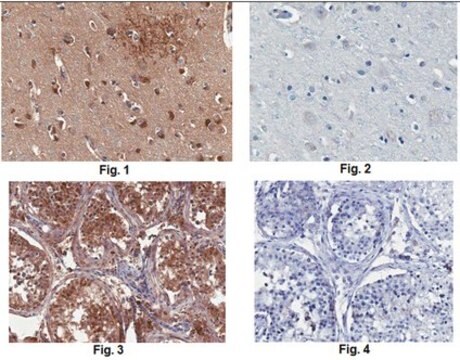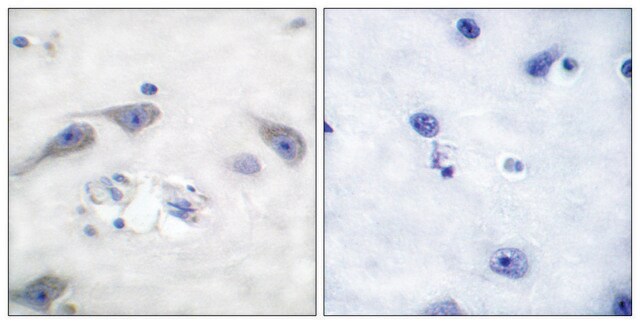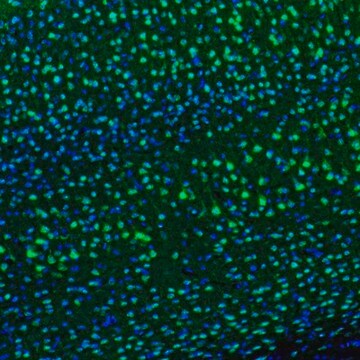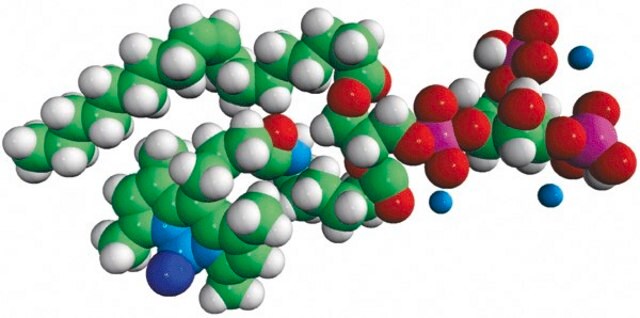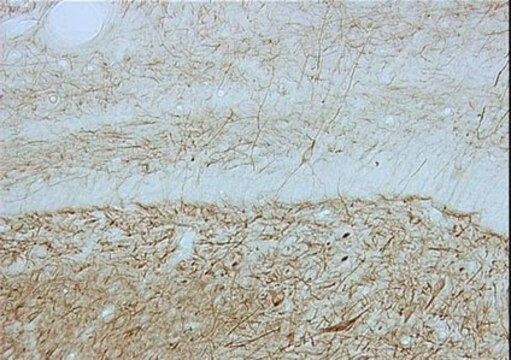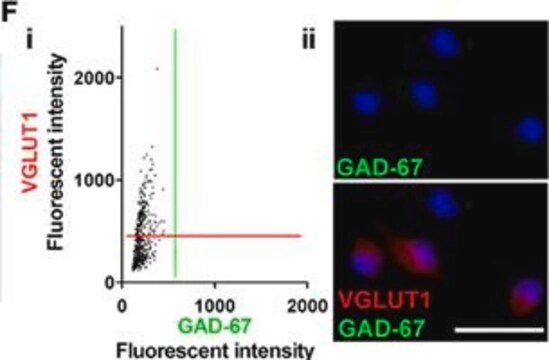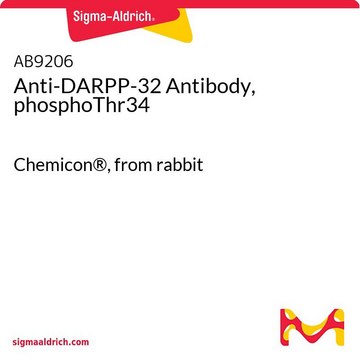AB10518
Anti-DARPP-32 Antibody
from rabbit, purified by affinity chromatography
Synonym(s):
protein phosphatase 1, regulatory (inhibitor) subunit 1B, dopamine and cAMP-regulated neuronal phosphoprotein 32, dopamine and cAMP regulated phosphoprotein, protein phosphatase 1 regulatory subunit 1B, Dopamine- and cAMP-regulated neuronal phosphoprotei
About This Item
Recommended Products
biological source
rabbit
Quality Level
antibody form
affinity isolated antibody
antibody product type
primary antibodies
clone
polyclonal
purified by
affinity chromatography
species reactivity
rat, mouse, rhesus macaque
species reactivity (predicted by homology)
canine (based on 100% sequence homology), rhesus monkey (based on 100% sequence homology)
technique(s)
immunoprecipitation (IP): suitable
western blot: suitable
NCBI accession no.
UniProt accession no.
shipped in
wet ice
target post-translational modification
unmodified
Gene Information
mouse ... Ppp1R1B(19049)
General description
Specificity
Immunogen
Application
Neurotransmitters & Receptors
Ion Channels & Transporters
Immunoprecipitaion Analysis: 10 µg of this antibody from a previous lot immunoprecipitated DARPP-32 from rat brain RIPA lysate.
Quality
Western Blot Analysis: 0.1 µg/mL of this antibody detected DARPP-32 on 10 µg of rat brain tissue lysate.
Target description
Linkage
Not finding the right product?
Try our Product Selector Tool.
Storage Class
12 - Non Combustible Liquids
wgk_germany
WGK 1
flash_point_f
Not applicable
flash_point_c
Not applicable
Certificates of Analysis (COA)
Search for Certificates of Analysis (COA) by entering the products Lot/Batch Number. Lot and Batch Numbers can be found on a product’s label following the words ‘Lot’ or ‘Batch’.
Already Own This Product?
Find documentation for the products that you have recently purchased in the Document Library.
Our team of scientists has experience in all areas of research including Life Science, Material Science, Chemical Synthesis, Chromatography, Analytical and many others.
Contact Technical Service